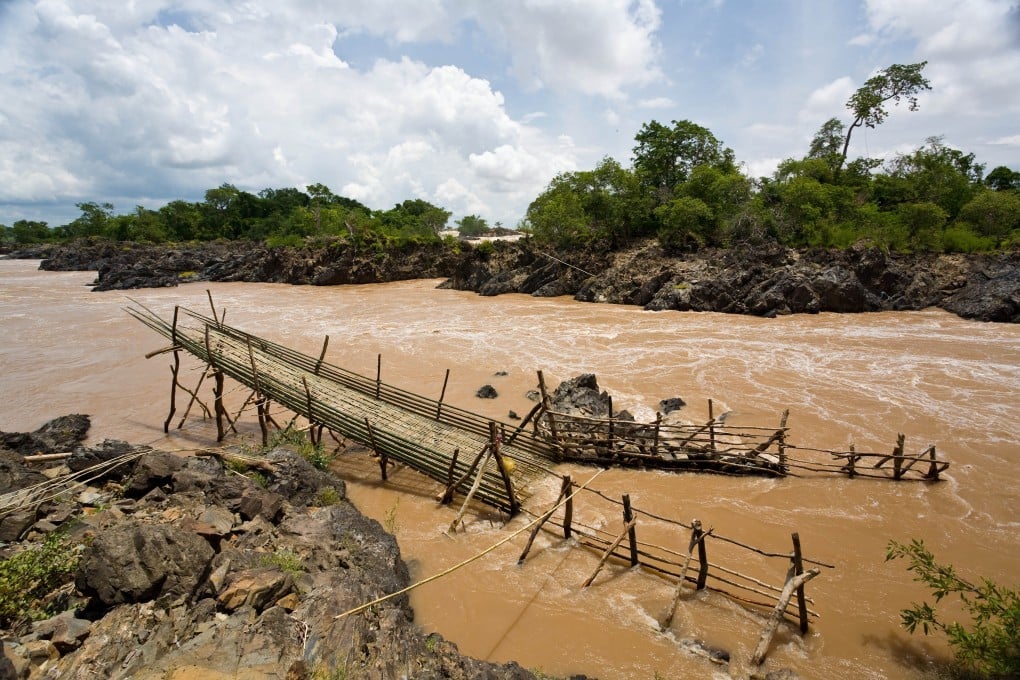Review | The Mekong is mighty no more: demise of the great river system lamented in Brian Eyler’s new book
- Author sounds a stark warning about the impact dams are having along the once-mighty river
- The Last Days of the Mighty Mekong cites the failures of both Western and Asian agencies, and calls for solutions to stem the damage before it is too late

The Last Days of the Mighty Mekong
by Brian Eyler
Zed Books
The mystique of the Mekong River has long enchanted explorers, motivated traders and beguiled travellers. Its biodiversity – including dolphins, crocodiles and almost 1,000 species of fish – has made it one of the great rivers of the world.
The Last Days of the Mighty Mekong sets out to explore the state of a river now suffering from rapid infrastructure development and over-exploitation of its natural resources.
Author Brian Eyler’s focus is the harnessing of the river’s turbulent currents for a cascade of hydroelectric dams, triggering an era of conflict over water resources and environmental damage across various borders. Nine dams built along the upper part of the Mekong (the Lancang) in China have already disrupted the flow of the river, transforming its hydrology and diminishing biodiversity.
Eyler notes that in the dry season of 2016, the Mekong dropped so low in the Laotian capital, Vientiane, that people could almost walk across it to Thailand. A mighty Mekong no more. An expert on transboundary issues in the Mekong region, he writes: “With water stored for future use in Chinese dams, the Mekong River falls to unnaturally low levels during the six-month dry season.”
His book combines anecdotes with insights from riverside villages and encounters with those fighting the impact of the dams and climate breakdown as he follows the 4,880km course of the Mekong, from China to the delta, in Vietnam.
In northern Thailand, Eyler meets teacher Niwat Roykaew, a charismatic leader of the Chiang Khong Conservation Group. In the Mekong School for Local Knowledge, set up on the banks of the river, he discovers local expertise that’s often ignored by water-resource specialists in academia and government. To save the Mekong, Chiang Khong has protested outside the Chinese embassy in Bangkok and engaged in discussions with the China Datang Corporation, a developer planning to build a dam at Pak Beng, in Laos.

